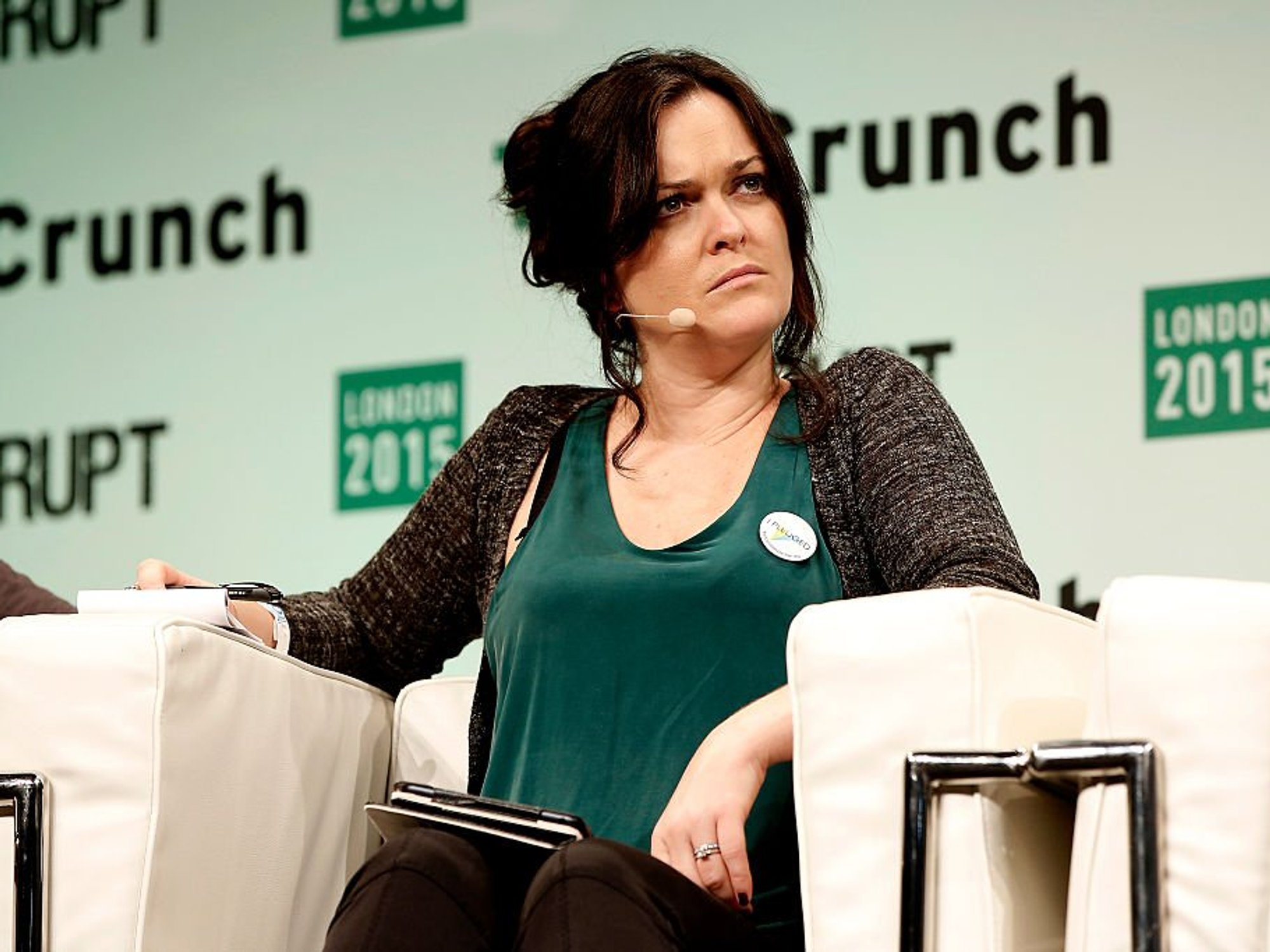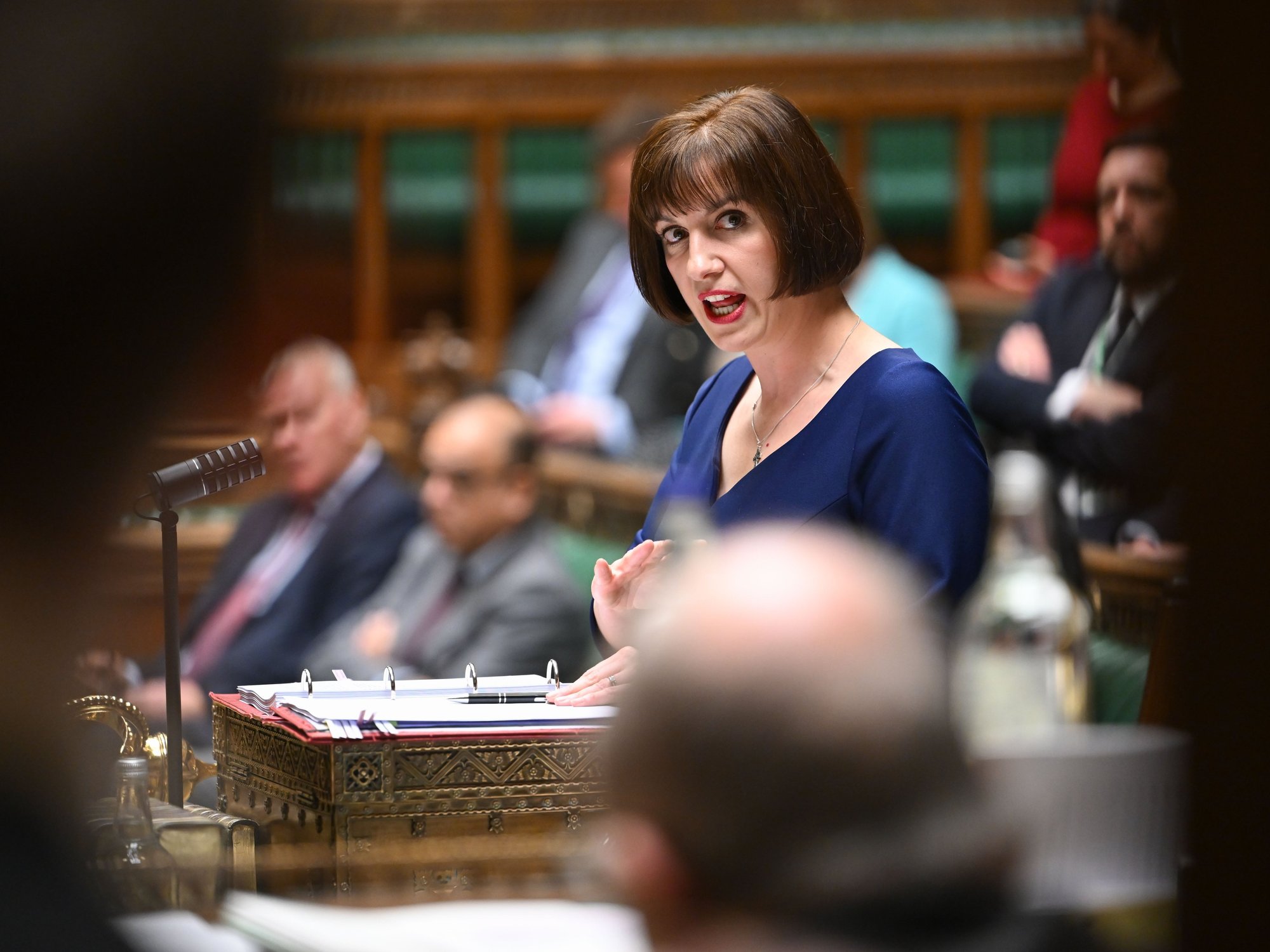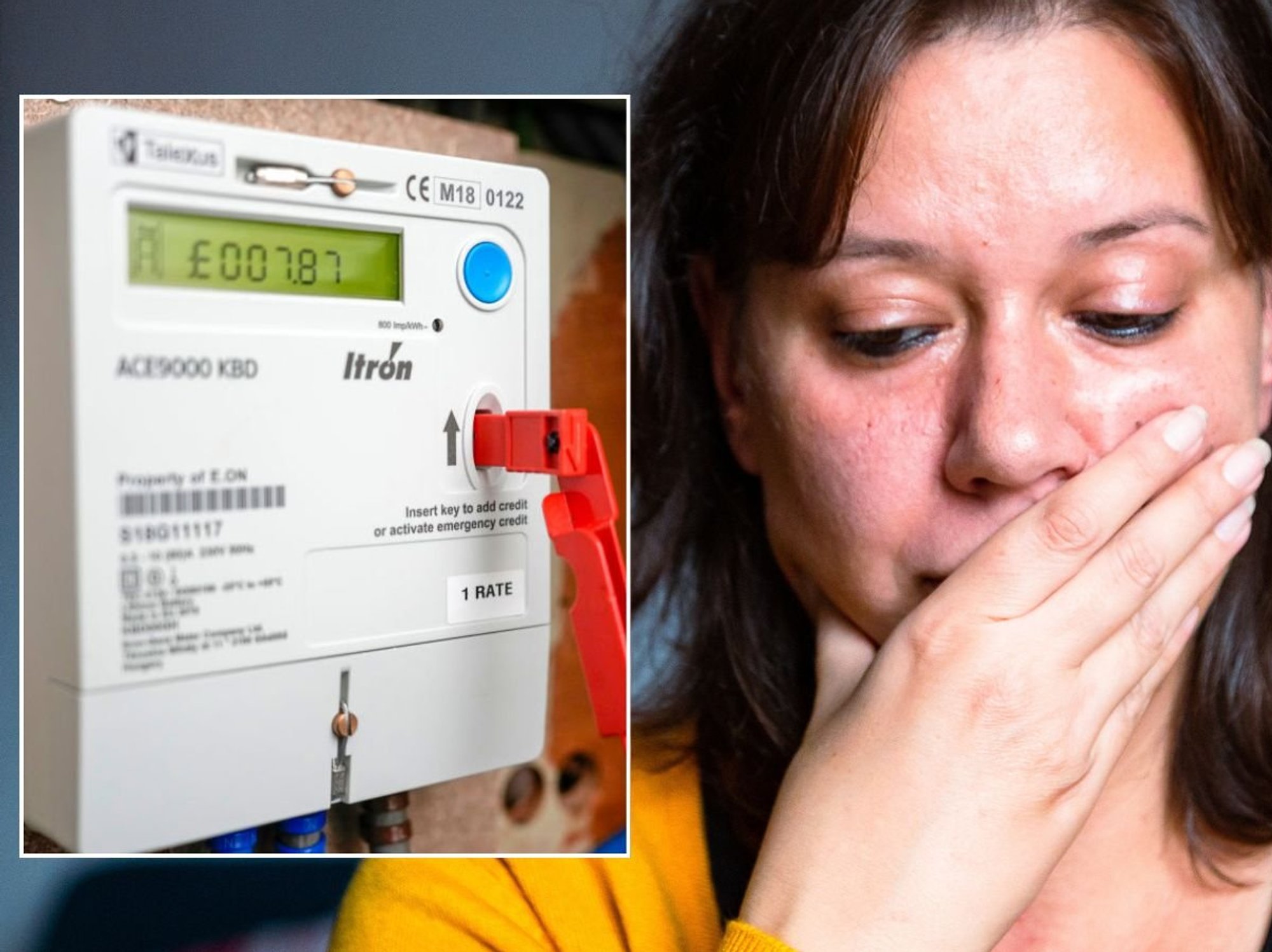Over 40s turning to parents to fund retirement amid fears state pension age could rise to 70

The state pension age is already scheduled to increase to 67 between 2026 and 2028, and to 68 between 2044 and 2046
Don't Miss
Most Read
Over-40s are increasingly turning to their parents to fund their retirement as experts warn the state pension age could rise to 70.
Currently set at 66 for both men and women, the state pension age is already scheduled to increase to 67 between 2026 and 2028, and to 68 between 2044 and 2046.
However, the International Longevity Centre (ILC) has suggested the state pension age may need to reach 70 by 2040 to maintain the existing ratio of workers to pensioners.
This potential shift is causing concern among Britons who are struggling to save for retirement due to growing societal pressures which is pushing financial pressures among older generations.
Nearly six million millennials are relying on their parents’ wealth to fund their own retirement, research from Moneyfarm has suggested. Millenials are those born between 1981 and 1996.
Four in 10 of those between the ages of 28 and 43 say that they will not be able to retire without financial support from their parents, with more than half saying that cash from their parents will be their only source of income when they retire.

As life expectancy continues to rise, and pensioners live for longer on their retirement pots, the pressure on their savings will intensify
| GettyThis reliance extends beyond retirement planning, with 42 per cent of adults admitting they still sometimes receive pocket money from their parents.
The trend highlights the economic challenges faced by younger generations which stem from escalating living costs, including high childcare expenses and a competitive housing market. These events make it hard for them to save for retirement effectively and plan for the future.
An average wage earner now needs to borrow over eight times their salary to afford the average home. And with reports the state pension may continue to increase, many are looking for parents for support.
The state pension age is set to rise to 68 in 2037, when the oldest millennials will be 56. With a prolonged time before retirement, this generation may continually look for support from their parents who could likely be retired by this point.
The current minimum amount needed annually for retirement is £14,400, although the Pension and Lifetime Savings Association (PLSA) says that £31,300 a year is needed for a moderate retirement, and £43,100 for a “comfortable” one.
However, as life expectancy continues to rise, and pensioners live for longer on their retirement pots, the pressure on their savings will intensify.
Carina Chambers, pensions technical expert at Moneyfarm, who commissioned the research said: “In today’s economic climate, it’s clear to see that an increasing number of millennials are turning to their parents’ savings and pension funds as a crucial resource for their own retirement planning.
“This growing reliance underscores the economic hurdles faced by younger generations such as escalating living expenses - including very high childcare costs, inflation and a competitive housing market.”
Consequently, 69 per cent of working Britons worry about funding their retirement. On average, people fret about financial insecurity 17 times a month, with over 40s expressing the most anxiety.
The growing reliance on family support for retirement highlights a significant shift in financial planning across generations. This trend could have far-reaching implications for future retirees and society as a whole.
As the 'Club Sandwich' generation emerges, supporting multiple generations simultaneously, the strain on family resources may intensify.
By 2029, nearly a million families are expected to contain more than one retired generation, a 18 per cent increase from this year.
With the state pension potentially increasing to 70 by 2040, pensioner parents may long have to support their millennial child.
Experts warn that a state pension age increase to 70 could occur sooner than expected. Chris Ball, managing partner at Hoxton Wealth, suggests this might happen around the 2040s, given the current pace of change.
However, he emphasises the need for a careful balance between financial sustainability and supporting those who have worked most of their lives.
Fiona Peake, pensions expert at Ocean Finance, also predicts the shift to 70 could occur by the 2050s.
She cautions that many people, especially those in physically demanding jobs, may struggle to work into their late 60s or 70s.
The Government is facing growing pressure to maintain pension fund viability due to an ageing population and longer life expectancy.










